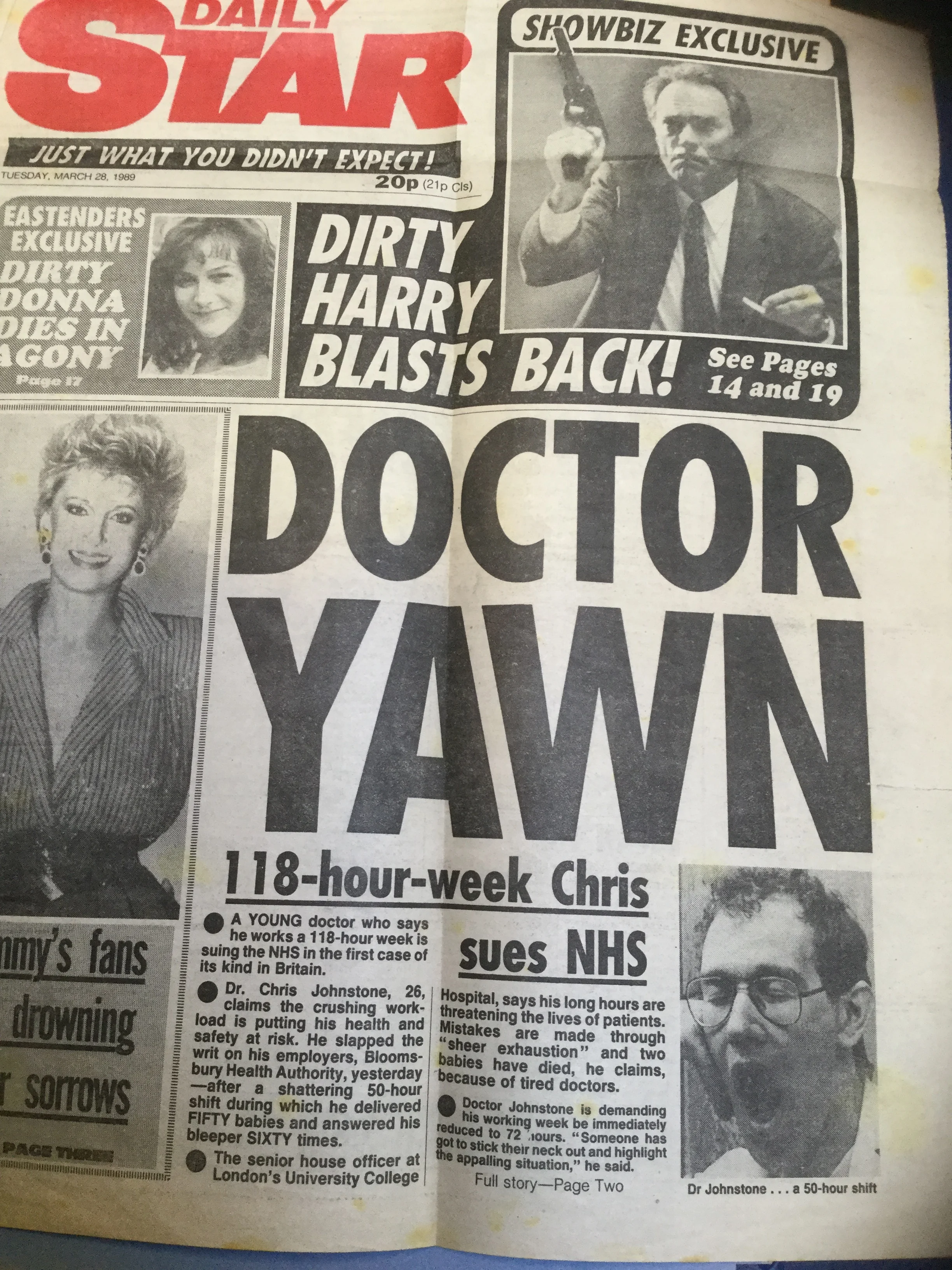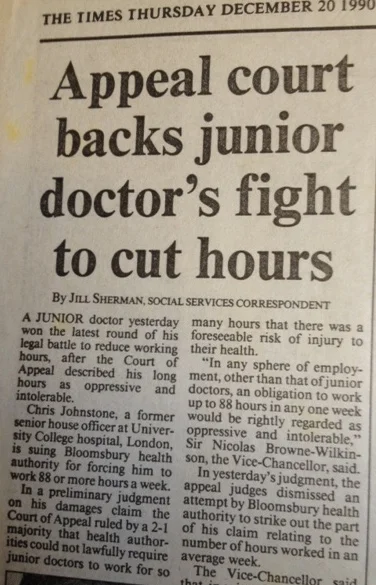Dr. Chris Johnstone, in a nutshell
With a background in medicine, psychology, group-work and coaching, Dr Chris Johnstone is a specialist trainer for resilience and wellbeing. He has worked in this field for over thirty years, and through his online courses, he now reaches people from more than 55 countries. After working for many years as a doctor and addictions specialist in the UK health service, he now focuses on coaching, mentoring, writing and training, particularly through online courses at The College of Wellbeing
His books include, Active Hope, co-authored with Joanna Macy (published in 2012 and now available in ten or more languages), and his new book, Seven Ways to Build Resilience (due out in April 2019).
Chris is also a keen musician, known for his hammered dulcimer and harmonica playing. He lives in the north-east of Scotland, where he is an enthusiast for forest gardening and a keen grower of fruit.
More about Chris
After a first degree specialising in psychology, Chris graduated in medicine with distinction in 1986. Employed for several years as a junior hospital doctor, he suffered a severe burnout reaction to the stress and sleep deprivation of often working over a hundred hours in a week. He became a leading figure in the campaign to improve junior doctors’ working conditions, and made international headlines when, in 1989, he challenged the legal basis of his contract.
Although his case was initially seen as a ‘no-hoper’ in law, after six years and ten court hearings, he eventually won. Before this, many junior doctors believed that little could be done to change the system they worked under. The experience that you could defy pessimism and bring about a successful outcome, even if this initially seemed unlikely, stimulated an enduring interest in the psychology of breakthroughs and personal power. This prompted Chris to train in a range of approaches to facilitating change, including coaching, humanistic psychology, motivational interviewing, positive psychology, group facilitation, family therapy and systemic interventions with organisations. His interest in the psychology of change also led him to the addictions treatment field, an area where he worked for over seventeen years. His first book Find Your Power (currently out of print) brings together the tools, insights and strategies he found most useful when there is something we want to change.
Another theme important to Chris is the holistic approach, which he first became interested in as a medical student over 30 years ago. He was at the founding conference of the British Holistic Medical Association in 1983, and through this helped set up a holistic education programme for health care students in London. More recently, Chris has taught holistic thinking at several UK universities, contributing to mainstream medical education and clinical psychology training.
One of the key words of the holistic approach is context. Medical problems are seen in the context of the whole person, where mind and body are viewed as a single interconnected system. As individual health is importantly influenced by the social and environmental context we live in, a holistic approach to medicine also attends to what’s happening in the bigger picture of our world. This is particularly important at the moment, as we face potentially devastating threats to human health related to planetary issues like climate change, resource depletion and rising toxin levels.
What most concerned Chris was the way that big issues like these were either ignored by mainstream media or viewed as beyond our power to change. He saw a clear parallel to the denial and hopelessness often experienced by those with severe addiction problems. For example, someone dependent on alcohol may minimise problems caused by their drinking because they fear they might not be able to cope without it. In a similar fashion, countries and companies dependent on oil have sought to block action on climate change or even deny that there is such a problem. As an addictions specialist, Chris saw that his experience of helping people face and tackle disturbing realities could also be applied to global issues. Much influenced by his close working with US author and activist Joanna Macy over more than three decades, in Active Hope, the book they wrote together, they explore how to strengthen our capacity to respond to concerns about our world.
Facing global issues is sometimes thought of as a depressing activity, yet Chris’s approach is centrally about embracing more joy in life. As he puts it, “joy doesn’t come from banishing sadness, but from listening to the signals painful feelings offer and then finding our power to respond in a way that improves things”. Whether in addressing personal or planetary issues, Chris’s enthusiasm, interest and skill is in helping people do this.








